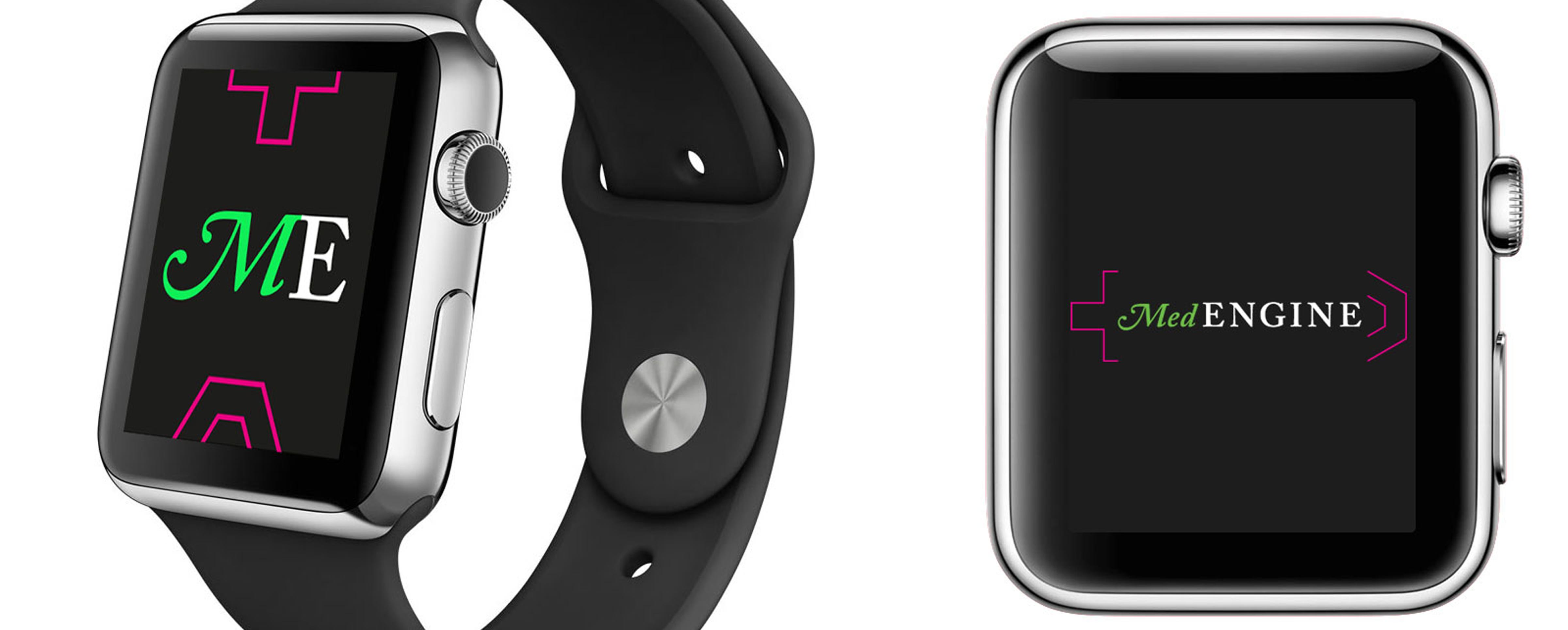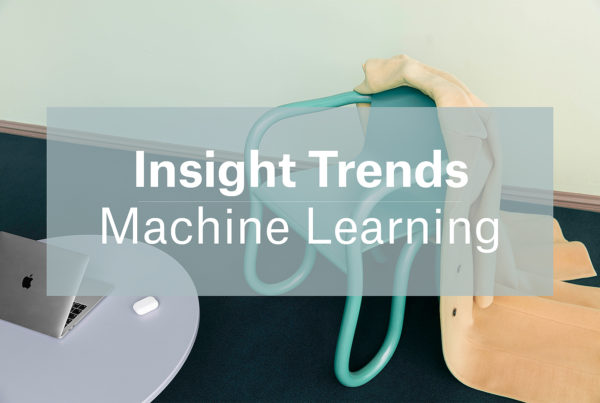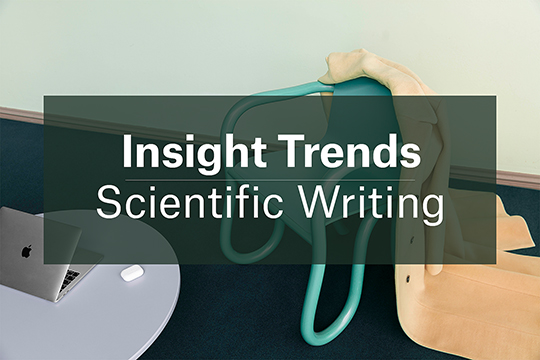While the Apple Watch is a late-comer in an already crowded market, consumers will surely swoon over the branding, novelty, and ostensibly new technological features.
Other people’s attention, however, has been hooked by the recently announced ResearchKit open-source health software. Are we suddenly on the verge of a world in which thousands or possibly even millions of people from around the globe are both passively and actively taking part in health studies? Will such activity supplant epidemiological and clinical studies?
Not quite. For the majority of medical research questions, traditional study designs and methods remain essential, and there are many conventions of medical research that need to be followed in order to produce valid science. The information collected by ResearchKit could, however, complement and corroborate epidemiological and clinical studies—if the data is of high enough quality.
So what will ResearchKit do exactly? According to the Wall Street Journalthe software will “help researchers and medical practitioners gather and organize patients’ medical data through the iPhone. The kit will include apps for those suffering from breast cancer, diabetes, Parkinson’s disease, cardiovascular disease and asthma.”
One of the strengths of the product would lie in its ability to recruit participants. According to Apple, ResearchKit “makes it easier to recruit participants for large-scale studies, accessing a broad cross-section of the population—not just those within driving distance of an institution.”
Study participants will be able to participate in surveys and complete tasks within the app, freeing up researchers’ time so that they can focus on analyzing the data. ResearchKit will also enable researchers to create interactive informed consent processes, and users will be able to choose studies in which to participate and the type of data they want to provide.
Because the volume of iPhone users is huge, data collected from even a small portion of the consumer base would be significant. The data will be transferred through various iPhone apps that were developed in partnership with renowned research institutions. Among them are:
- Share the Journey app, which will help researchers understand why some breast cancer survivors recover faster than others, why symptoms vary, and what can be done to improve symptoms. Among the measurables are fatigue, mood and cognitive changes, sleep disturbances, and reduction in exercise.
- The Asthma Health app, which was designed to facilitate asthma patient education and self-monitoring, to promote positive behavioral changes, and to reinforce adherence to treatment plans. By studying and tracking symptom patterns and potential triggers, researchers can learn new ways to personalize asthma treatment.
- MyHeart Counts, which will measure activity and apply risk factors and survey information to help evaluate how a participant’s activity and lifestyle related to cardiovascular health.
- GlucoSuccess app, which will help diabetics understand how diet, physical activity, and medications affect blood glucose levels, and will help them take more active roles in their own well-being.
- Parkinson mPower, which will help people with Parkinson’s disease track symptoms by recording activities using sensors in the iPhone. Activity and survey data from the phone can be combined with other collected data to progress Parkinson’s research at a greater scale —possibly becoming the largest and most comprehensive study of the disease.
Integration of the Apple Watch will add an interesting element to the ResearchKit, as it will use gyros and accelerometers to measure physical activity. The watch itself uses wrist-based LEDs and photo sensors that have been found on watches like Mio and Finland’s PulseOn, which arose from mobile technology company Nokia. Unfortunately, at this price level the Apple Watch is out of reach for a lot of people, and its significance for research applications remains to be seen.
ResearchKit is an exciting example of how approaches to medical research are changing. There are a lot of opportunities to incorporate technology and applications into epidemiological and clinical studies, and such approaches will probably have more medical validity than targeting random population of iPhone users.
At least one thing is certain: almost everyone in the medical community is excited to see a tech giant like Apple entering the field of medical research.





